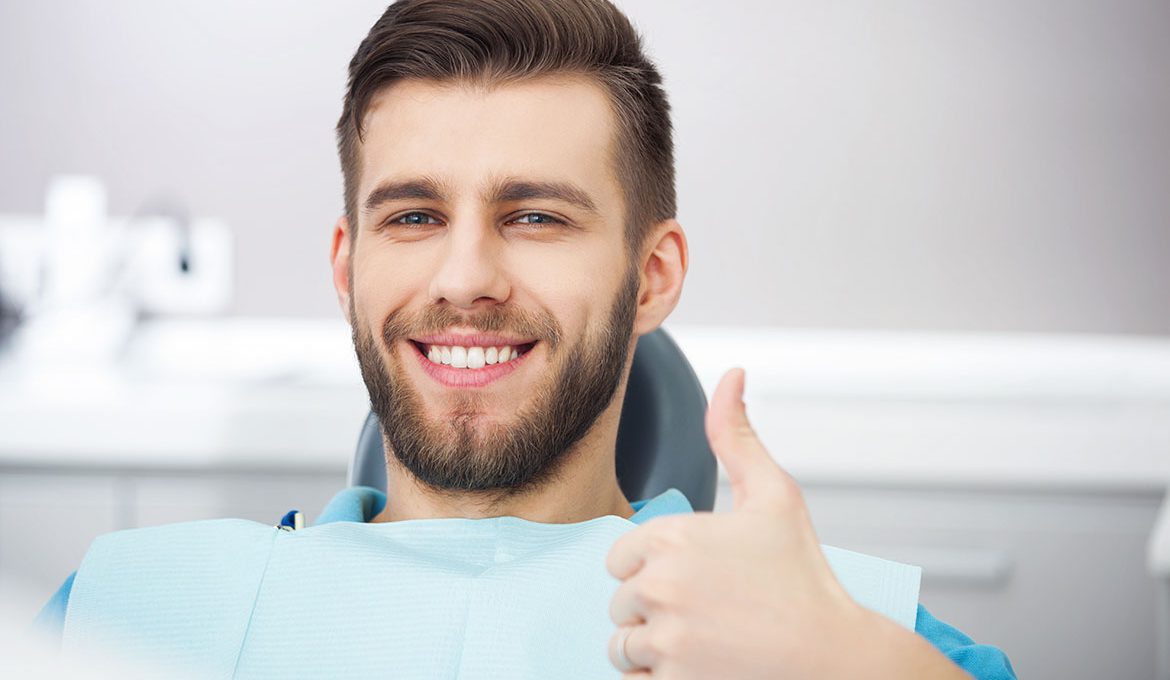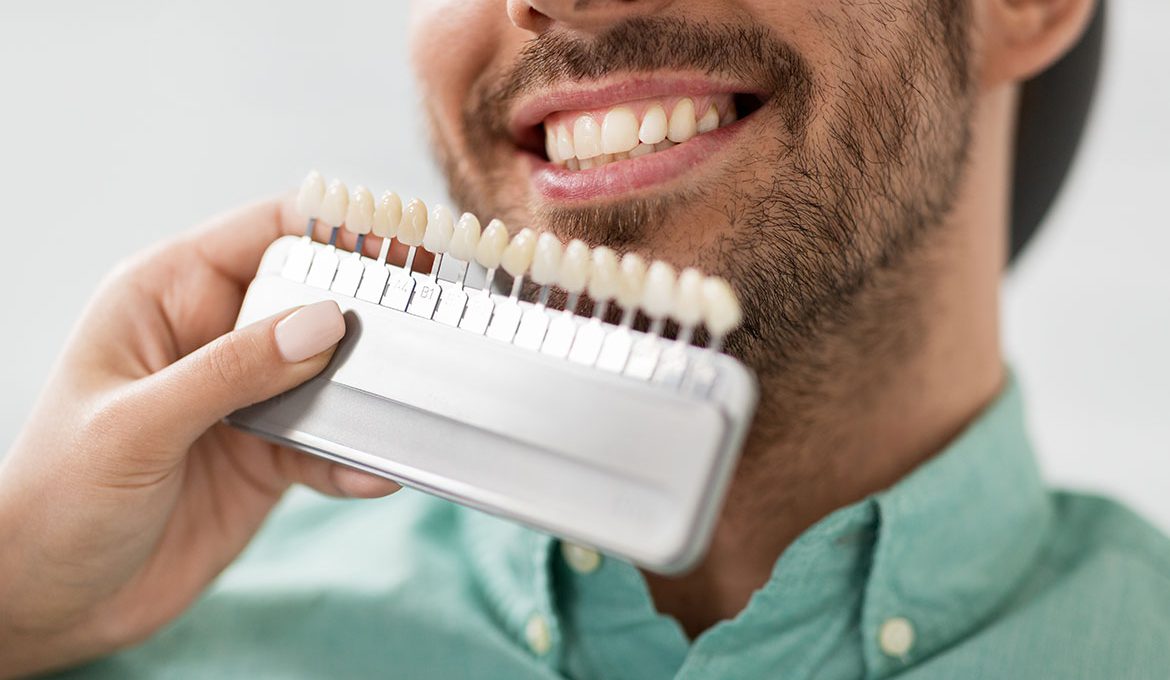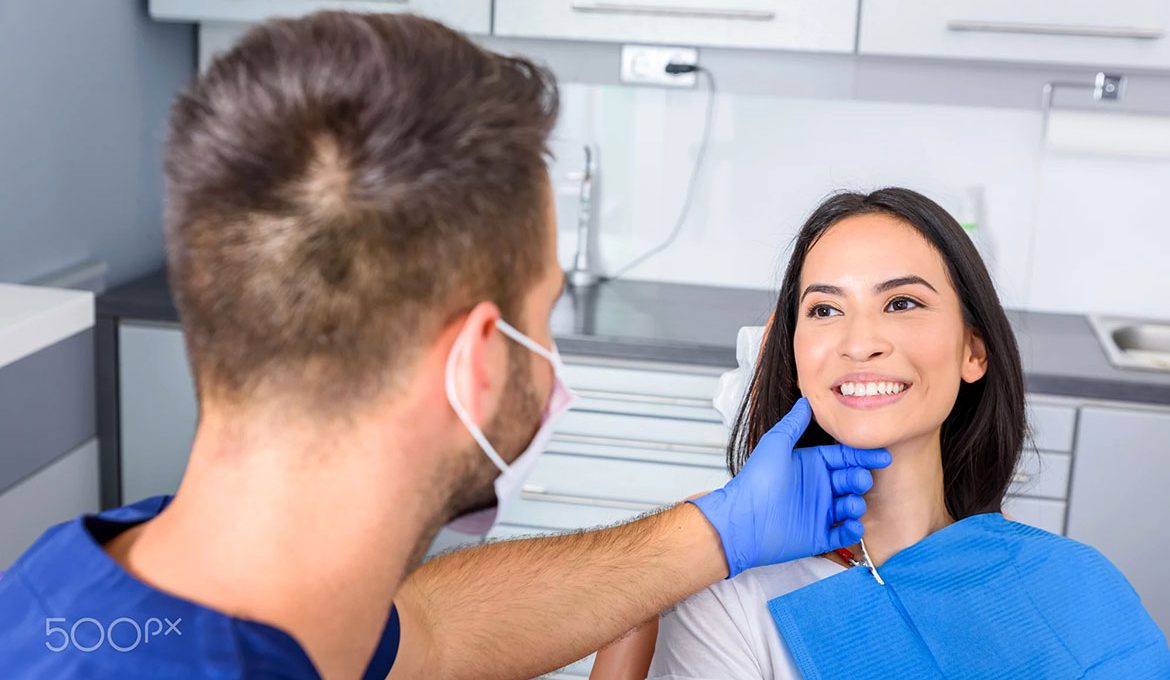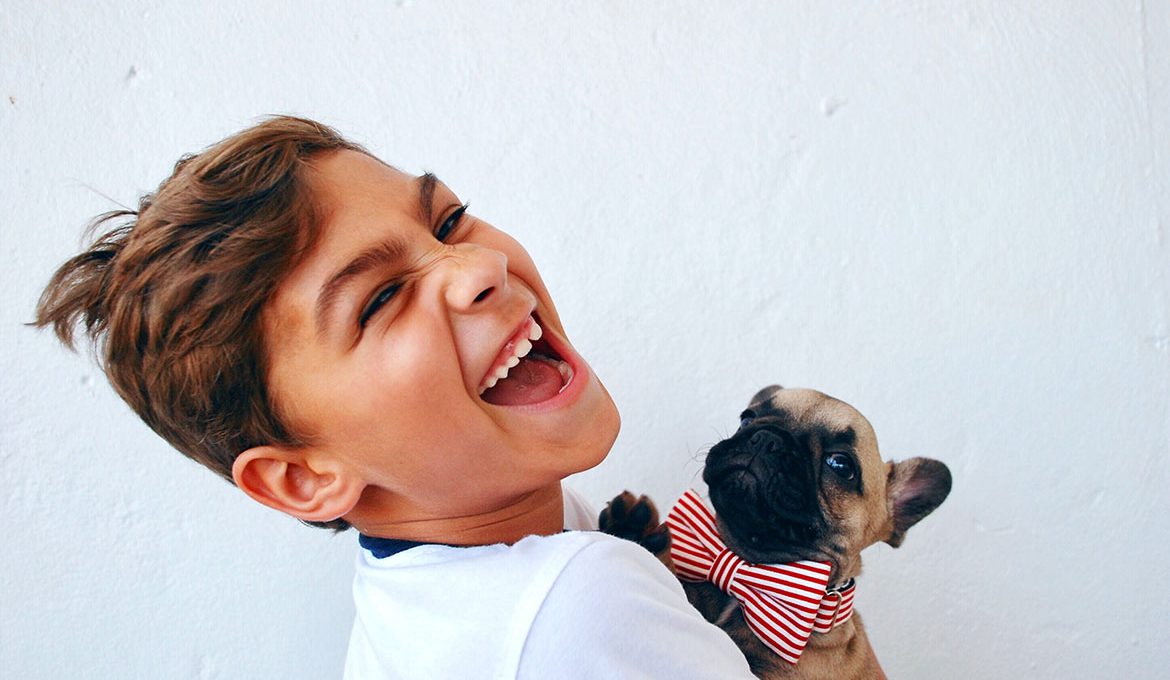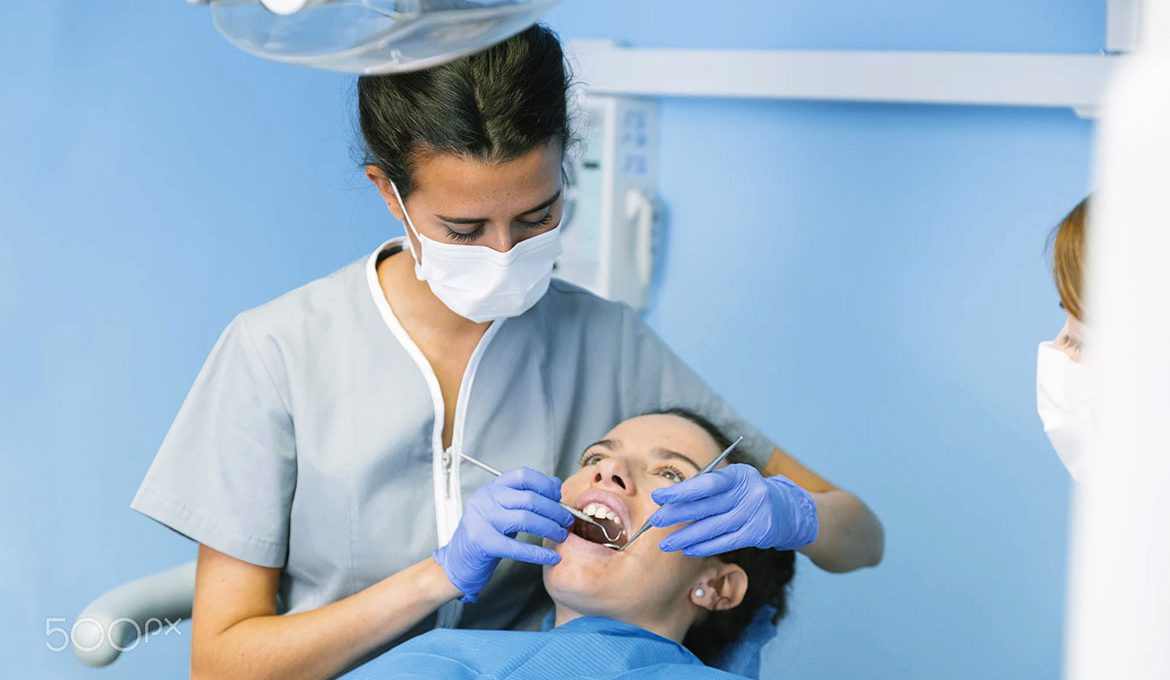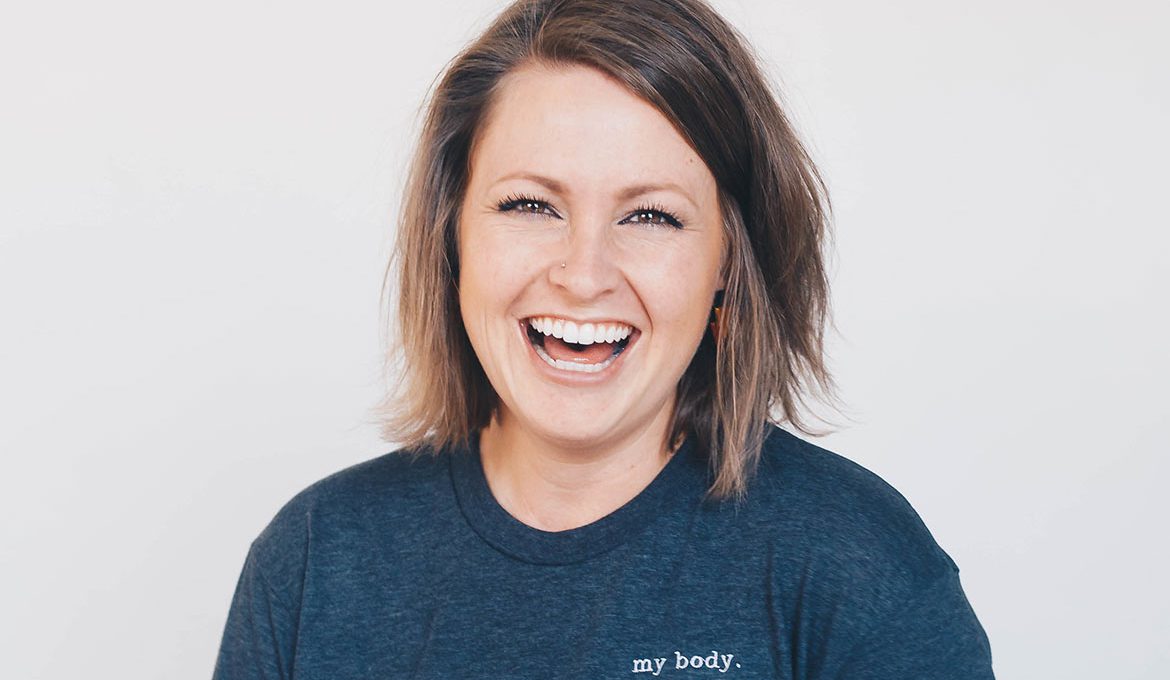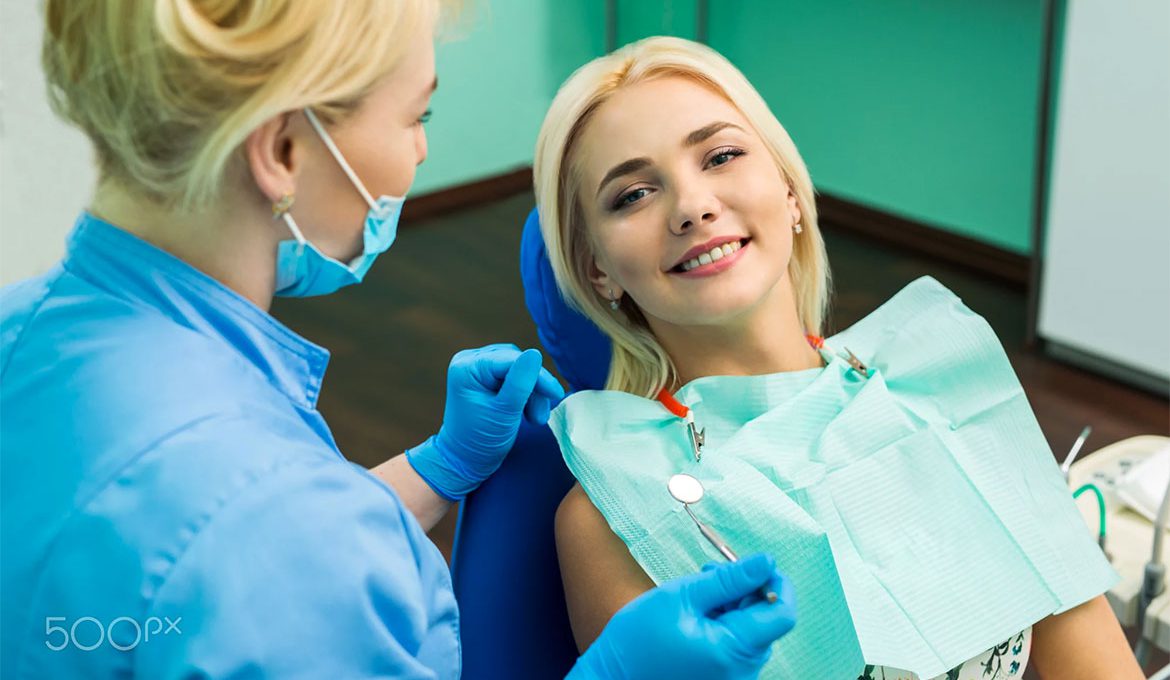Pediatric Dentistry
The ideal answer is.. "When the child first gets their teeth!!" In reality, most children will not tolerate a dental exam and prophylaxis (cleaning) when they first start to get their teeth. They are just too young! The solution to that problem is making sure that the parents are prepared and know what to do at home until the child is ready.
The first of the primary (milk or baby) teeth begin to erupt around the age of 7 months. They can actually come in as early as 3 months and conversely, it is not uncommon to see delayed eruption to well after one year of age!! Every child is different and you as the parent, will need to figure out when and if your child will sit for the dentist. Until that time, it is on the parent to make sure that the child's teeth are cleaned properly and that any, issues are addressed.
As soon as the first teeth present, the child will need to get used to having them cleaned or "brushed". Early on this can be accomplished with washcloths or finger cloths. As the child ages, the transition to tooth brushes and pastes should follow. Until the child can exhibit a good hygiene technique, the parent should always brush their teeth at least once a day to insure at least one good cleaning and a healthy mouth. The parent should also observe the teeth for any dark spots which can indicate a cavity is forming. If something unfamiliar is seen, a visit to the dentist is recommended. Once the child's teeth erupt, they should never sleep with a bottle of milk, juice or formula. After bedtime, it has to be water only.
The parents should start to bring their children to their own hygiene appointments in an attempt to familiarize the child with what going to the dentist means. This way the child can learn what actually happens at a cleaning or dentist visit. The earlier the child starts, the better. Regardless, by age 4, the child should have their first real exam and cleaning and by age 6, when the first permanent molars erupt, their first radiographs. Baby teeth can get cavities. And eventhough they will eventually fall out and be replaced, they do need to be fixed with fillings!! Baby teeth have nerves like their permanent counterparts and can get toothaches and infections if cavities are left untreated.
At Dr's Lantner and Goldberg, we see children of any age. If the child will not sit for us, and treatment cannot wait, we will recommend that a Pediatric Dentist be consulted.


